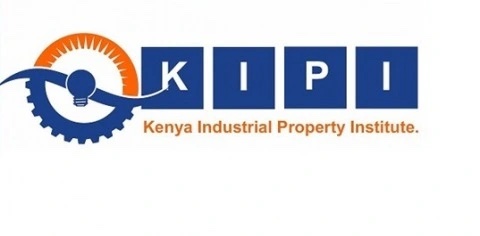The intellectual property laws are not only aimed at rewarding the inventors and creators but are also used to enable a country to come up with a competitive industry through the protection of innovation.
In Kenya, inventions, utility models as well as industrial designs, are legally protected by the Industrial Property Law, 2001 and the subsidiary regulations, that is, the Industrial Property Regulations of the year 2002.
I. Essentials of Patent Filing
An invention that is to be granted protection has to be new, contain an inventive step as well, and be industrially applicable. The Industrial Property Act defines these requirements and specifies technologies that must be met when applying for patents.
It should be able to apply to be accompanied by a detailed description, claims, drawings, and an abstract.
II. Application Procedure
KIPI receives the documents submitted by the applicants, after which it goes through a formalities examination, which is meant to complete the application. In case the application has fulfilled all requirements, they are accepted and is published in the Kenya Industrial Property Journal.
This is followed by a substantive one whereby KIPI determines the suitability of the invention in terms of patentability.
The applicants can also claim priority over previous applications elsewhere (in 12 months) within the Paris Convention or by use of the PCT system.
III. Publication and Contrast.
On the one hand, the title of master certainly seems advantageous. On the one hand, it appears to be a benefit to be a master. On the other hand, however, it also appears to be a loss to be a master. On the other hand, however, being a master is also a loss.
After publishing the application, third parties are given 60 days to oppose such application. The reasons for opposition are a lack of novelty, inadequate disclosure, or inadmissibility of the subject matter. Oppositions, hearings, and rulings are addressed by the Industrial Property Regulations.
IV. Grant and Certification
No rebuttal is made, or it is overthrown, and the application survives substantial examination, then a patent is issued. There is a certificate of grant, and information is also published in the journal.
The applicable protection term is 20 years following the date of filing with annual payment of maintenance fees.
V. Enforcement and Infringement Remedies
A patent gives its holder exclusive rights to prevent others from making, using, or selling the invention without permission. If infringement occurs, the patent owner can file a civil suit for remedies including injunctions, damages, or delivery-up of infringing goods.
KIPI may assist in enforcement, though it does not handle litigation directly.
Criminal penalties may also apply under certain circumstances, including the willful counterfeiting of patented products.
VI. Utility Models and Industrial Designs
Utility models are similar to patents but involve a lower threshold of inventiveness and are granted for a shorter term (10 years). Industrial designs protect the aesthetic aspects of an article and are granted for an initial 5 years, renewable up to 15 years.
VII. Practical Scenarios and Advice
Scenario: An engineer in Kisumu invents a water purification system. Filing nationally allows protection in Kenya, while filing regionally under the Harare Protocol (ARIPO) may extend protection across multiple African countries.
Tips: Applicants should perform a prior art search, consider professional drafting assistance, and maintain confidentiality until filing. Filing through agents registered with KIPI is recommended for complex cases.
Kenya’s IP laws and regulations provide a structured and predictable environment for patent applicants. From filing and examination to grant and enforcement, each stage is governed by clear rules designed to protect the rights of inventors and promote innovation.
Individuals and companies who understand this system are vital in leveraging their IP assets for business growth and competitiveness.
Crarity Pharma Consultancy is here to guide you every step of the way from patent filing and legal compliance to enforcement strategies. Contact us today to schedule a consultation and safeguard your intellectual property with expert support.


